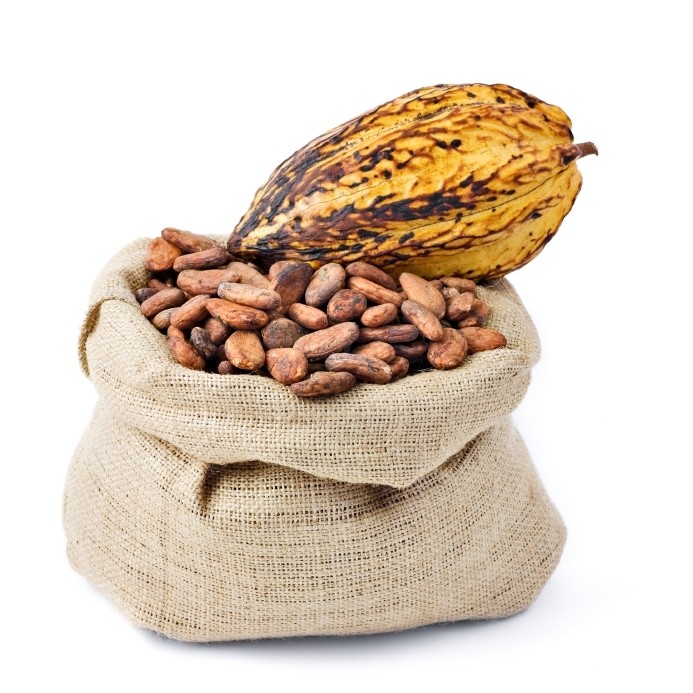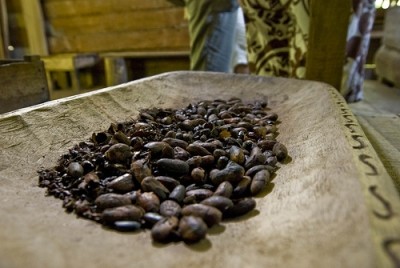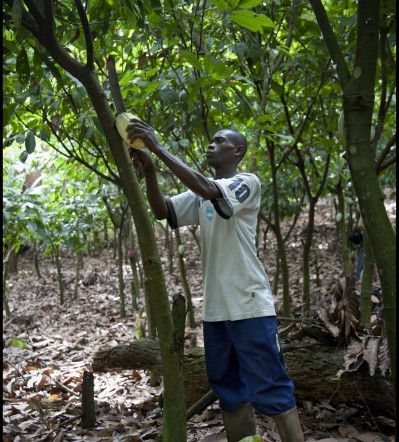What's in CME Group's new cocoa futures contract for processors?

Last week, CME Group entered the cocoa market with a Physically Delivered Cocoa futures contract the first to be denominated in euros. It also introduced a US dollar denominated Cash-Settled Cocoa futures contract.
The contracts will provide an alternative to the Intercontinental Exchange’s Liffe Futures and Options (London) and ICE Futures US (New York) contracts.
CME Group says the new physically delivered euro denominated Cocoa futures contracts specify cocoa quality in line with FCC standards and clear delivery rules that reflect the physical cocoa market practices.
The Group consulted with the cocoa and chocolate industry for 18 months before announcing the contracts.
Mimicking the physical market
The company told ConfectioneryNews that the physically delivered futures contract has been created in response to industry demand for a contract in euros that better reflects the physical cocoa market.
“Futures contracts that reflect best what’s happening in the underlying physical markets become useful to people looking for ways to manage the price risks they are exposed to in the physical market,” said Jeffry Kuijpers, Executive Director, Agricultural Commodities, CME Group.
CME Group’s Physically Delivered Cocoa futures contract will be the first physically delivered cocoa futures contact to be denominated in euros
Kuijpers said that it makes sense to offer a physically delivered and euro-denominated contract because the currency used in the key cocoa growing regions, Cote D’ivoire and Cameroon, the CAF, is pegged to the Euro. A Euro denominated contract eliminates the element of foreign exchange risk that is present if a contract is denominated in another currency.
The currency of the second of the two contracts is a cash-settled US Dollar cocoa contract. This means that those who which to trade the difference in price between the New York cocoa market and the London market can do so on the same exchange. This allows CME Group to offer margin offsets between the two Cocoa futures contracts. It means that traders selling and buying both cocoa futures on CME Europe will receive a discount on the margin deposits they must make.
Quality and delivery
CME Group said a key benefit for the cocoa and chocolate industry was that the grading practices for its contracts were in line with the Federation of Cocoa Commerce (FCC), which ensures that the quality will be closer to the underlying physical market.
The Group added that the contract rules specify a load-out timeframe.
Cocoa processors can experience delays in receiving cocoa purchased on the futures market because the companies need to negotiate separately with warehouses stocking the cocoa. Under the current futures exchanges, cocoa processors must negotiate a separate fee with warehouses to remove the cocoa.
In November last year, Reuters reported that cocoa traders were up in arms about the expense and delays involved in removing beans from certain warehouses in Antwerp, where the bulk of exchange stock is stored.
CME Group has obliged warehouses to guarantee that they can deliver the physical goods within 21 business days and factors the warehouse removal into its contract. “The buyer has much better clarity on when he can get his hands on that cocoa….It’s a lot shorter than the current market,” said Kuijpers.
Certificate costs
Kuijpers added that cocoa buyers will be charged less to access cocoa warrant certificates because for the first time CME Group’s exchange, CME Europe, has its own vault to hold the warrants in rather paying separately for this service at a bank’s vault. Each parcel of cocoa is represented by a warrant. This quality assurance certificate is stored in a vault, until now kept at banks in London with a cost associated with access for verification purposes.
The firm’s cocoa futures contracts will be listed on CME Group's European exchange, CME Europe, for first trade date on 30 March, 2015.















